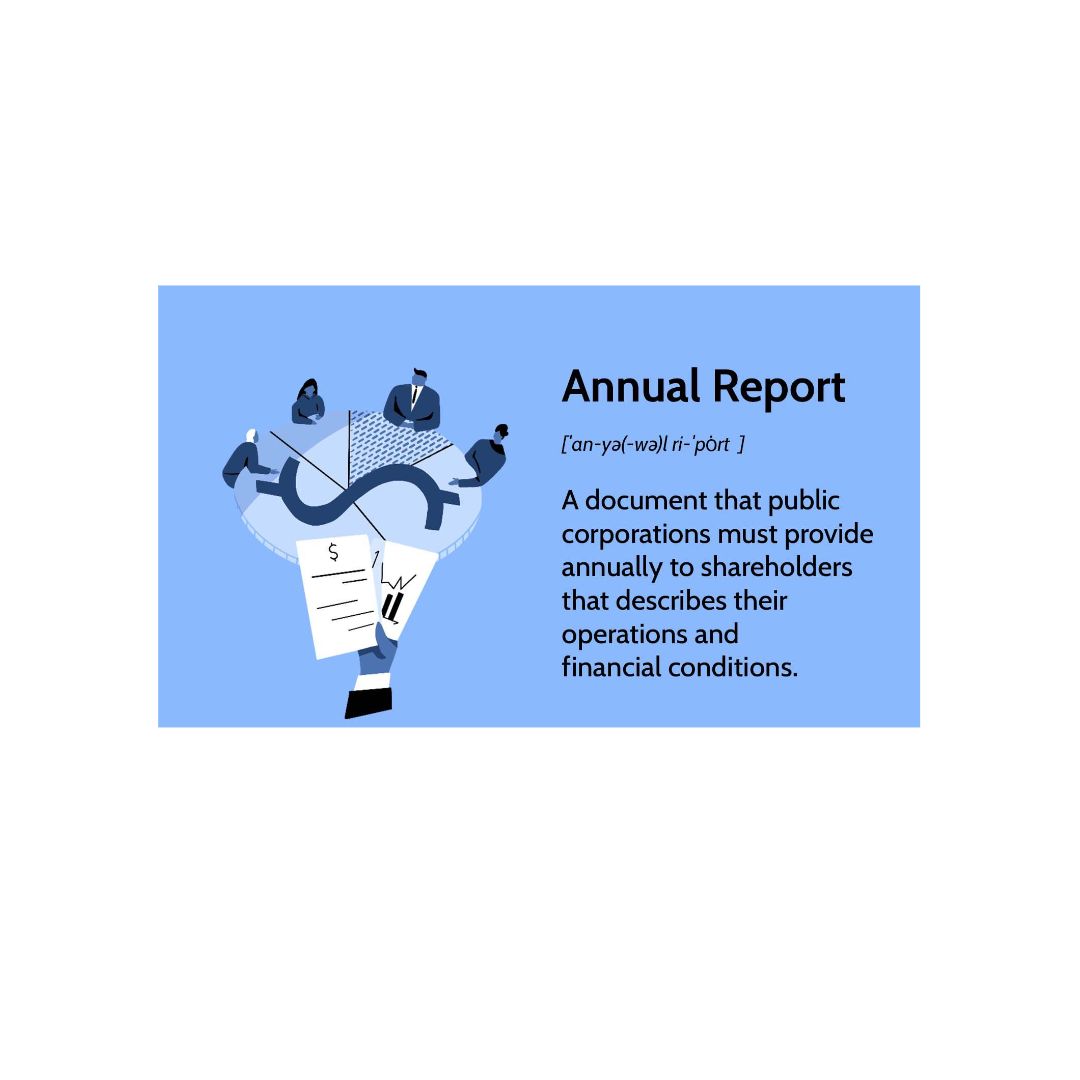CA valuation Certificate?
CA valuation certificate A CA valuation certificate refers to a valuation report or certificate issued by a Chartered Accountant (CA) regarding the valuation of assets or businesses. Chartered Accountants who specialize in valuation services assess the value of assets, businesses, or other financial instruments and provide their professional opinion in the form of a… Read More »









